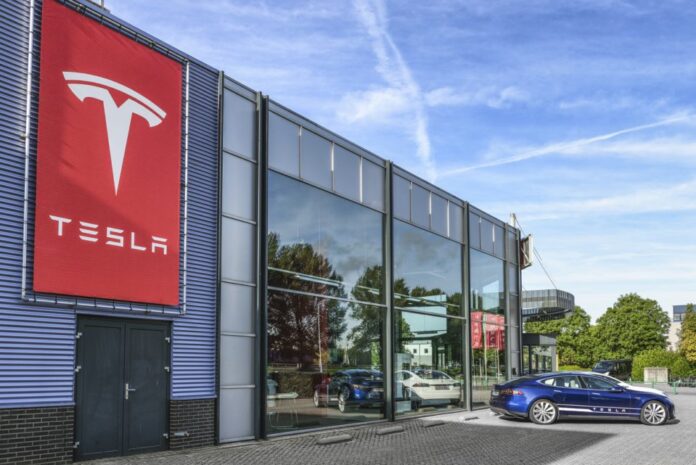A Record-Breaking Proposal with Global Attention
Tesla’s proposed $900 billion compensation package for CEO Elon Musk is sending shockwaves through Wall Street and Silicon Valley. If approved, the package would represent one of the largest executive compensation plans in corporate history, intensifying debates about corporate governance, shareholder accountability, and the widening gap between billionaire CEOs and everyday workers.
Breaking Down the Package
According to internal documents, the proposed compensation structure is tied to Tesla’s market capitalization milestones, revenue growth, and operational performance. Musk would only unlock portions of the package if Tesla meets aggressive financial and production targets, echoing his earlier performance-based pay plan approved in 2018.
Tesla board members argue the compensation is justified given Musk’s role in scaling Tesla into a trillion-dollar company and expanding its reach into autonomous driving, AI, and energy storage.
However, critics highlight the sheer size of the package:
- $900 billion exceeds the GDP of most countries.
- Shareholders question whether tying Musk’s pay to market capitalization encourages short-term stock surges rather than long-term stability.
- Worker advocacy groups call it “tone-deaf” in the face of rising inflation and wage stagnation for ordinary employees.
Shareholder Reactions
Investor reactions are mixed. Large institutional shareholders are split, with some supportive of Musk’s visionary leadership and others concerned about governance risks.
Linda Martinez, portfolio manager at a major pension fund, said:
“No one doubts Musk’s impact, but $900 billion raises fundamental questions about whether Tesla’s board is acting independently or serving the CEO’s interests.”
Retail shareholders, many of whom credit Musk with making them wealthy, remain some of his strongest defenders. On social media platforms, Tesla fans argue that Musk deserves the reward for transforming the auto industry.
Worker and Public Sentiment
While shareholders debate financials, Tesla employees and the public are voicing concerns about fairness.
- Tesla employees in California report frustration over stagnant wages and rising living costs, contrasting sharply with the CEO’s proposed package.
- Critics of inequality note that Musk’s compensation, if realized, would make him wealthier than the bottom half of U.S. households combined.
Dr. Elaine Foster, an economist at Stanford University, remarked:
“Executive pay at this scale risks eroding public trust in capitalism itself. It highlights the imbalance between corporate leadership and frontline workers.”
Broader Debate on Corporate Governance
The Tesla controversy fits into a larger national debate on executive compensation. Across corporate America, CEO pay has skyrocketed while average worker wages remain flat.
Key issues at play include:
- Board independence: Whether Tesla’s directors are exercising genuine oversight or are too aligned with Musk.
- Corporate governance norms: Whether packages of this scale undermine fiduciary responsibility.
- Investor activism: Shareholders are increasingly filing proposals to rein in outsized executive compensation.
The Securities and Exchange Commission (SEC) may also face pressure to review governance practices if the plan is approved.
Implications for Economic Inequality
The $900 billion figure has reignited debates about wealth inequality in the U.S. Critics argue that such outsized rewards at the top intensify disparities across society.
- The median U.S. household income is around $74,000 per year, a stark contrast to Musk’s potential earnings.
- Public surveys show growing frustration with billionaire wealth concentration, linking it to political polarization and social unrest.
Sociologist Mark Whitaker observes:
“Elon Musk has become a symbol of innovation and inequality simultaneously. This package crystallizes both narratives.”
Conclusion — A Defining Moment for Tesla
Tesla’s proposed $900 billion compensation package for Elon Musk is more than a financial headline. It is a cultural flashpoint, raising profound questions about corporate governance, economic fairness, and the future of shareholder capitalism.
Whether shareholders approve the plan or push back, the decision will reverberate far beyond Tesla’s boardroom, shaping the national conversation on wealth, responsibility, and the role of visionary leaders in a society struggling with inequality.




